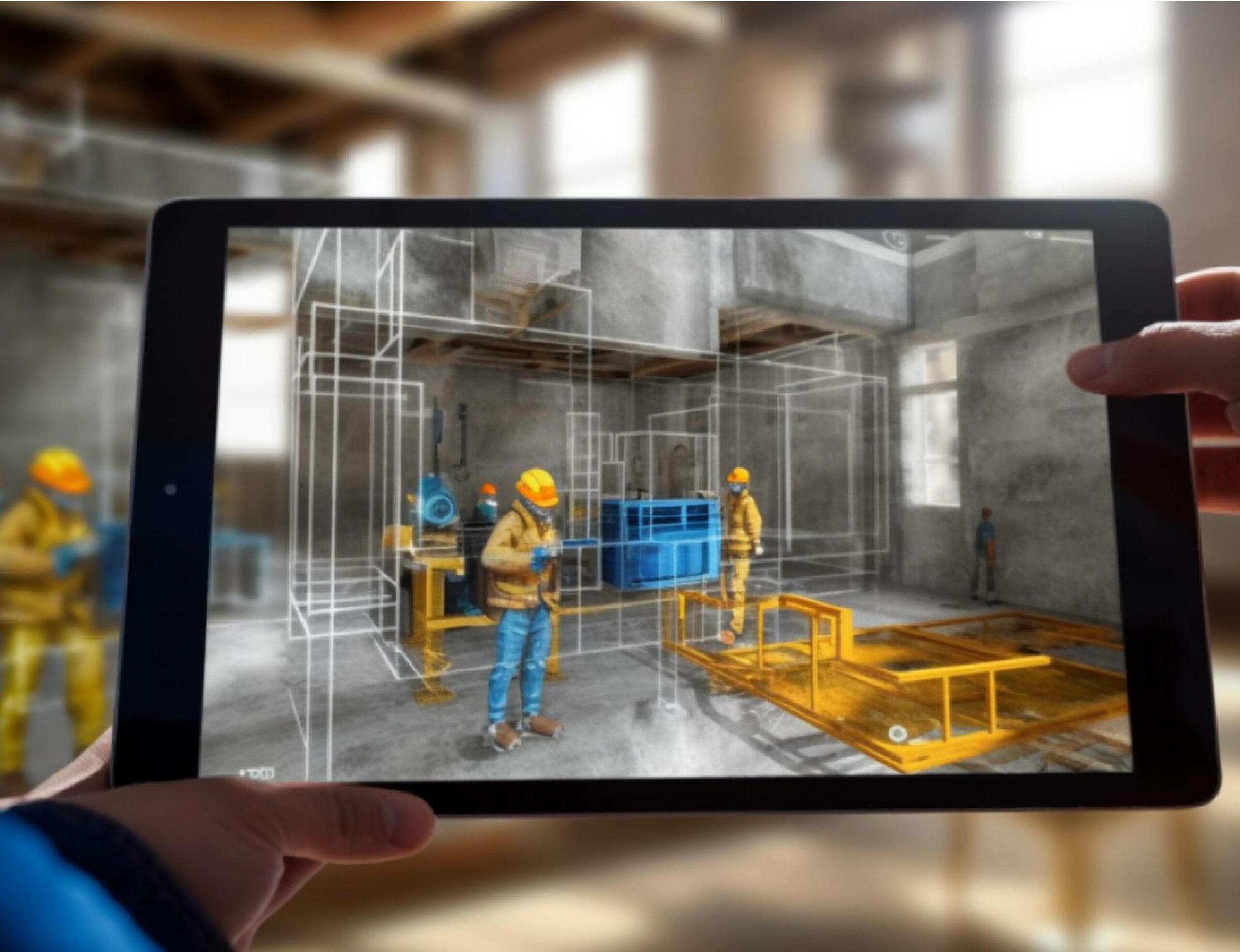Case Study
New Era of Smart Testing in Construction Industry
Summary
Digitalisation and automated construction materials testing have brought many benefits to construction projects, especially when a large number of samples need to be tested manually. Automated systems have higher reliability, repeatability and precision, and can reduce the chance of human error, as well as make more efficient use of manpower resources. Implementing electronic test reports is an important step for the testing and certification industry to achieve a ‘paperless’ culture, and also addresses the Government of the Hong Kong Special Administrative Region (HKSAR)’s 2050 goal to achieve carbon neutrality. Digital and automated testing systems promote the development of smart testing, lead the transformation of the testing and certification industry into digitalisation and automation, and also welcome the new era of smart testing.
Background
In line with the direction under ‘Construction 2.0’ in the Policy Address, the Government of the HKSAR has been actively promoting wider adoption of digitalisation and advanced technologies in the construction industry.
Strategy
Going digital is an important initiative to enhance the efficiency and effectiveness of administration of public works contracts, including construction site management. To facilitate digitalisation of site records, including construction materials compliance test results, as well as to promote a paperless culture, Public Works Laboratories (PWL) under the Civil Engineering and Development Department of the Government of HKSAR, together with their contract laboratories, have switched to issuing test certificates/reports in electronic format starting from 1 August 2023. PWL typically processes more than 600,000 test items each year. By going paperless, up to 2 million sheets of paper can be saved every year.
In addition to electronic reporting, PWL has developed new automated systems for testing concrete cubes, steel reinforcing bars and soil. By adopting a number of advanced technologies, including high-precision robotic arms, computer vision analysis and Artificial Intelligence (AI), the testing processes can now be fully automated, significantly enhancing the efficiency of testing services.
To ensure that the quality and integrity of test data are maintained with the launch of these paperless and automated systems, the assessment team of the Hong Kong Accreditation Service (HKAS) assessed PWL on site to confirm that the issuing of electronic test reports, as well as the newly developed automated systems, comply with relevant accreditation requirements. Special attention was paid to data protection, supervision, traceability and authorisation of test results.
Results and impact
The automated testing systems operate in conjunction with the laboratory’s information management system (LIMS). Data is automatically collected and integrated directly from the testing instruments, and immediately transferred to the computer for calculation and analysis. This reduces the chance of manual recording errors and improves accuracy. After a test is completed, the test report can be exported directly. With a legally binding digital signature, the test report can be quickly and securely transmitted to the engineering team on site, thereby highly improving the efficiency of work processes. Furthermore, the digital data collected help to build a powerful database that allows more in-depth analysis of materials’ characteristics, further enhancing technological development in the field. Digital data systems reduce unnecessary paper waste, protect forests and reduce carbon emissions, which directly contribute to the realisation of zero carbon emissions by 2050.
Contact
Hong Kong Accreditation Service (www.hkas.gov.hk)
Civil Engineering and Development Department of the Government of HKSAR (www.cedd.gov.hk)





